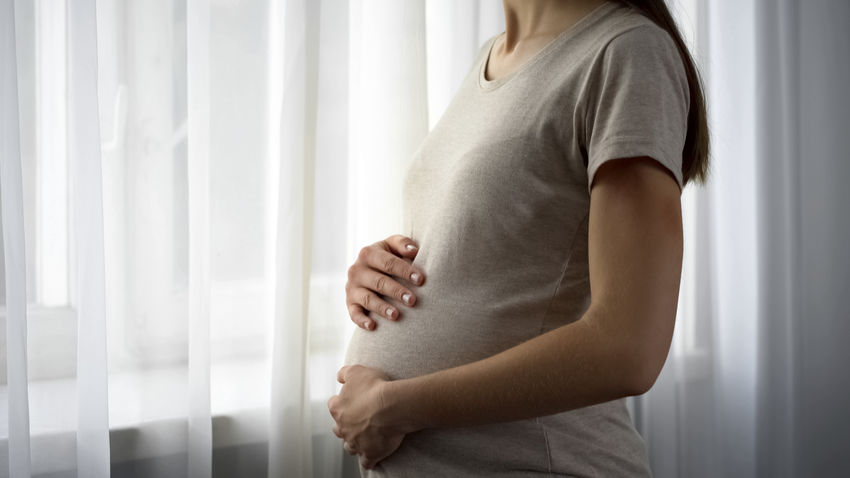
A survey of pregnant women across the United States during the COVID-19 pandemic has found that they experienced ”economic abuse” from partners, regardless of their household income level.
“The percentage of women who experienced at least one form of economic abuse was quite high [approximately 65%], given that it was a general community sample and not a survey of survivors in domestic violence organizations,” says Laura Johnson, assistant professor of social work, who conducted the study. Johnson’s report, “Exploring factors associated with pregnant women’s experiences of material hardship during COVID-19: a cross-sectional Qualtrics survey in the United States,” was published in the November issue of BMC Pregnancy and Childbirth.
Economic abuse is a form of domestic abuse, often associated with intimate partner violence, where one partner may control the other’s access to money, employment, property or financial decision-making, creating potentially abusive economic dependency in a relationship.
“A lot of research is done with survivors who are seeking services,“ Johnson says. “There's been less research on economic abuse outside of domestic violence organizations. But women experiencing controlling tactics is still a problem among a general population.”
Johnson had set out to perform a broad survey exploring financial issues and hardships for pregnant women. The timing of the research, in early 2021, made it a de facto COVID-19 project. Participants in the panel of 183 pregnant women in the U.S. were asked about their finances and predictors of financial well-being, mental health symptoms, and intimate partner violence (IPV) experiences. Statistical analysis examined whether women’s experiences with material hardship and associated factors differed by income level (less than $20,000; $20,000 to $60,000; more than $60,000).
“We asked about material hardships—tangible things like, ‘Have you had to move in with a friend or family because of financial hardship?’ or ‘Have you been unable to pay your rent or for prescription medications?’ In this general sample, with women from various income levels, there is still remarkable financial struggle,” Johnson says.
Study findings showed that the majority of women in the sample experienced at least one form of material hardship in the preceding year. Johnson says the study highlights a significant association between economic abuse and material hardship among pregnant women during the pandemic. The findings suggest the need for policy and practice interventions that help to ameliorate financial insecurity experienced by some pregnant women, and respond to associated issues such as mental health symptoms and intimate partner violence.
Johnson’s survey did identify income-based disparities, in particular higher levels of material hardship for pregnant women in lower income households during the pandemic.
“A low-income woman who gets paid hourly and who doesn't get maternity leave, can't afford to miss work, because if she isn’t at work she is not getting paid,” Johnson says. “Further, the stimulus checks people received during the pandemic, they would get deposited into the accounts of the primary person on the taxes. If you’re in an abusive relationship, and your stimulus check is deposited into your partner’s account, you may not get that money. These disparities have been there all along. But COVID made it much more pronounced.”
